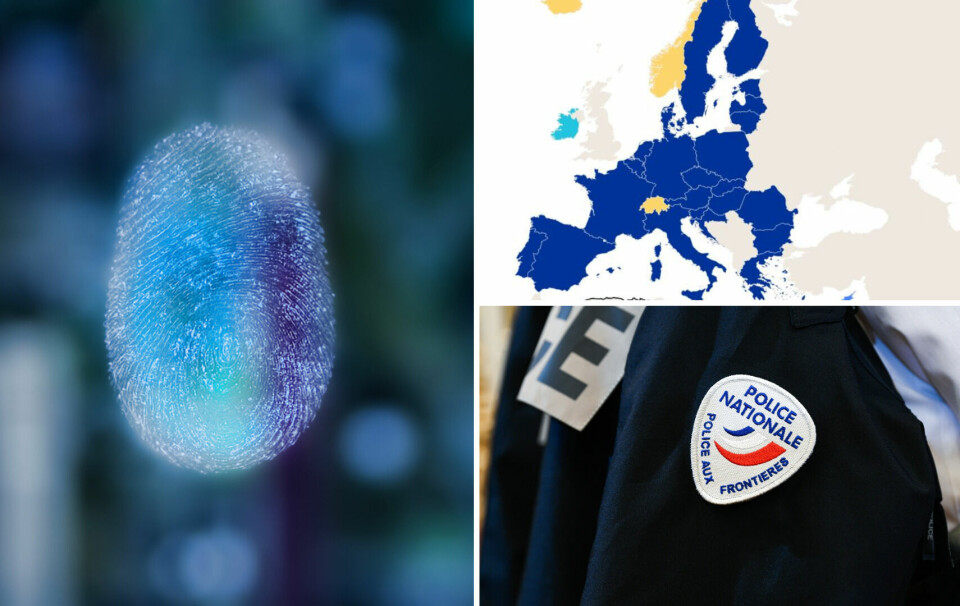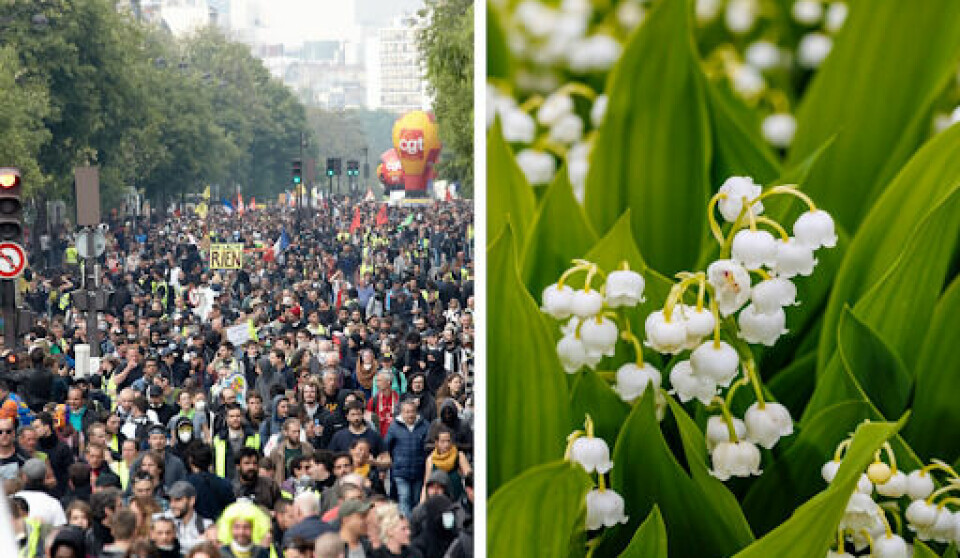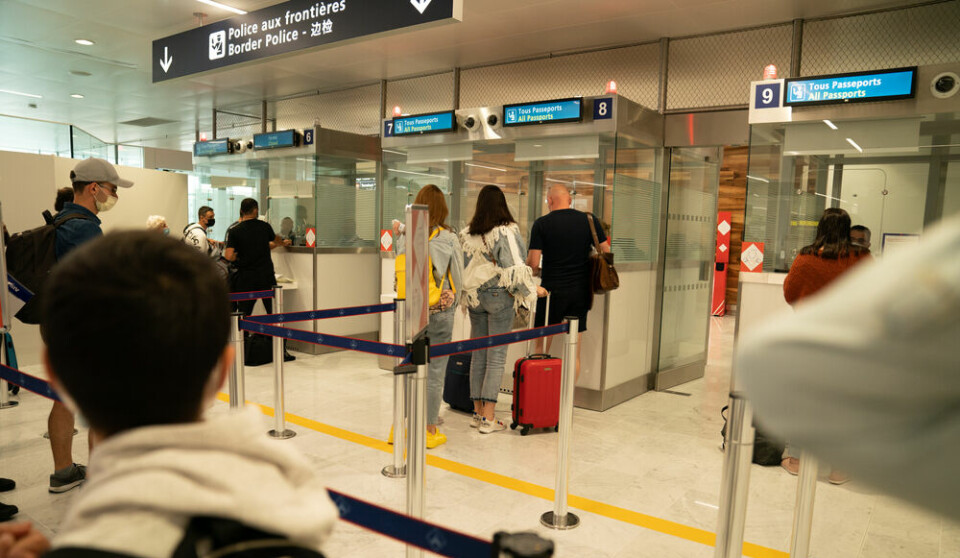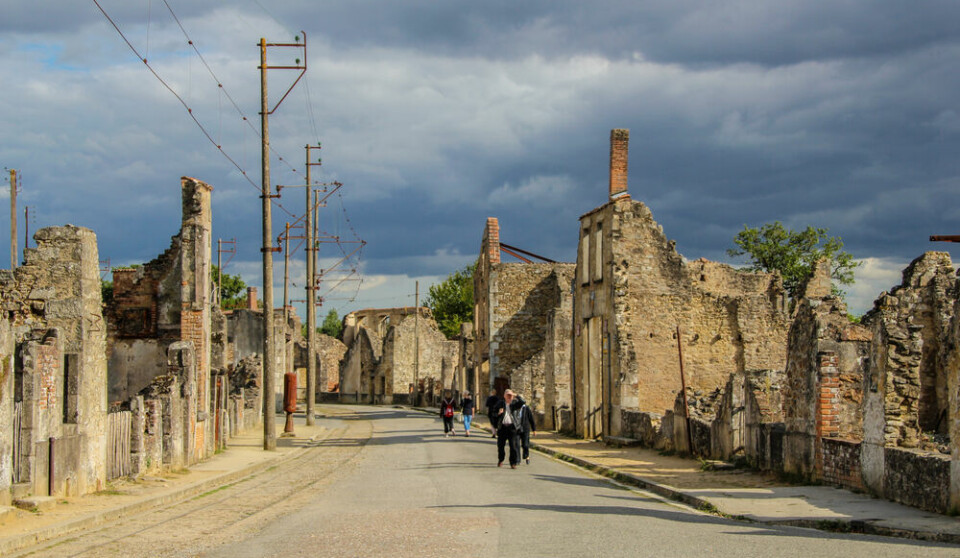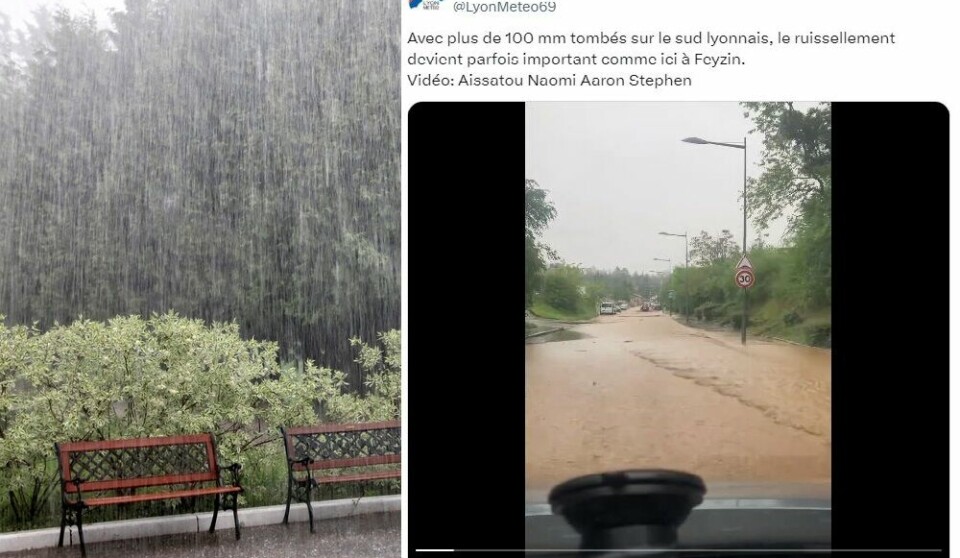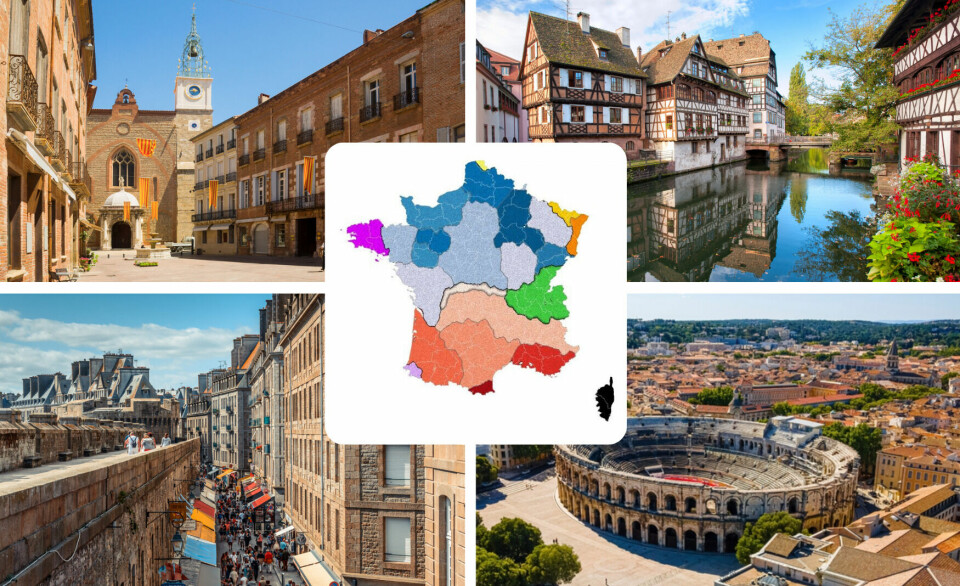-
Driving fine bonanza as France increases number of speed cameras
More than €2bn taken in 2023, says government report
-
VIDEO: Driver films three lynx by side of French road
The video also raises awareness of the real risk of traffic collisions to the endangered animals
-
10 days off for just 3 holiday days: Why French workers love May
We also look at where people are planning to go during this added holiday time
Covid-19: French state guilty of stopping son visiting dying father
‘The last words my dad said to me on the phone were: “Don’t worry, we’ll see each other again.”’

The French state has been ordered to pay €12,000 in damages and legal fees to a son who was banned from seeing his dying father during the first Covid-19 lockdown.
In March 2020, Patrice Dupas’s father Claude Dupras - who was then aged 82 - was diagnosed with cancer of the urethra, which spread to the liver, bones and peritoneum (the abdominal lining).
Two weeks later, his condition was declining rapidly, and Patrice decided he needed to be with his dad, who lived 300 km away on the Île de Ré in Charente-Maritime. However, at this time, all long-distance journeys were banned due to the Covid lockdown.
‘Family reasons’
Before he left, Patrice contacted the gendarmerie online, who assured him that he would be able to continue his journey because it came under one of the exceptions: ‘motif familial impérieux’ (imperative family reason). He had filled in the correct lockdown attestation forms that were required at the time, clearly stating this reason.
But when he arrived at the Île de Ré, the gendarmerie turned him away. This is despite Patrice’s mother-in-law and his father’s GP stepping in to defend him, and showing proof of the previous contact with the gendarmerie on the issue.
But the gendarmes did not relent. They fined him €135 for breaching lockdown, and made him turn around.
His father died five days later.
“The last words my dad said to me on the phone was: ‘Don’t worry, we’ll see each other again,’” said Patrice. “I will never be able to forget it.”
Legal action
Two weeks later, the gendarmerie admitted that they had been at fault and cancelled the fine. Yet, this was too little, too late. Patrice took legal action in the spring of 2022.
And on December 19, 2023, the judicial court in La Rochelle ruled that there had been "gross negligence on the part of the state" in the case.
The court stated that a "series of facts" had led to a "process of disproportionate overstepping of control powers" and to a "denial of justice for Mr Patrice Dupas, namely the right to be with his father for a compelling family reason”. “The heavy fault of the state is therefore established,” it concluded.
“It’s an excellent judgement,” said Patrice’s lawyer Kévin Gomez to Le Parisien.
"The state has just told us that it will not appeal. The gendarmes didn't just make a mistake, they stood behind their actions and levied a fine. Claude Dupas was unable to see his son again. And his son didn't get to say goodbye to his father one last time.”
The definitive verdict is due on March 6.
Patrice has said that the judgement against the state significantly reduced his feeling of guilt at not being at his father’s bedside when he died.
"They stole my father and I couldn’t do anything,” said Patrice. “[But] with this judgement, the feeling of guilt is going away. It wasn’t my fault. I'm sleeping much better now. From up there, I hope [my dad is] happy,” he said.
Related articles
Cancer cases in France have doubled since 1990
Compensation paid to 72 Covid vaccine side-effects sufferers in France







